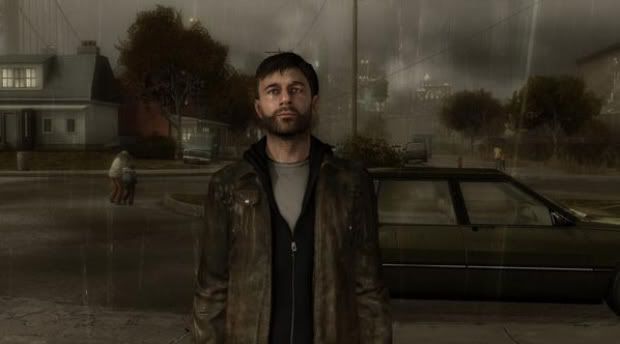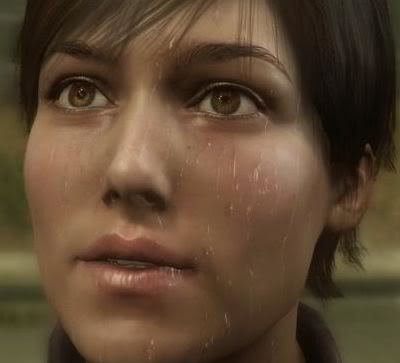This post has not been edited by the GamesBeat staff. Opinions by GamesBeat community writers do not necessarily reflect those of the staff.
 David Cage has become the James Cameron of video games.
David Cage has become the James Cameron of video games.
Both nurture a cult of personality comparable to the religious devotion of Apple fanboys. Cage and Cameron are defined by their pretensions. But Cameron’s street cred (at least partially) justifies his messiah complex. Cage’s resume falls well short of his ego.
Heavy Rain is a great game. But I don’t consider it a paradigm shift. To Cage, Heavy Rain represents no less than a quantum singularity threatening to engulf the entire industry. If you think that sounds hyperbolic, you clearly haven’t heard the man speak.
“With most games and the designs we as an industry offer, we clearly target teenagers. Most games are based on violence and/or physical actions,” Cage said at his GDC panel. “These two activities are what you do in most video games out there. The consequence of all this is that video games become — most of the time — meaningless.”
“Forget video-game rules. Mechanics, levels, bosses, ramping, points, inventory, ammo, platforms, missions, game over, [and] cut-scenes are things from the past,” according to his Powerpoint presentation.
Those harboring a messiah complex believe that all which came before them is archaic and irrelevant. Politicians often labor under this false pretension. Cage fits this to a “T.”
He believes that Heavy Rain represents a revolution in video-game design. Game over conditions, traditional gameplay, and leaderboards are all relics. The future is “interactive fiction,” as Cage describes Heavy Rain.

It’s one thing to toot your own horn. Most developers believe they’re at the forefront of a revolution. But the manner in which Cage decries the entire gaming industry warrants a critical eye. Heavy Rain is a very unique game. As Cage mentions, it features no game-over screens. All four main characters can die. Likewise, no healthbars, bosses, or inventory screens supplement the experience. The game is a fascinating experiment. But it’s far from perfect.
The voice acting is a constant distraction. The worst of the bunch is Norman Jayden with his faux Boston accent. And while the story succeeds at eliciting an emotional response, the dialogue is toothless. Uncharted 2 is the benchmark for snappy, movie-style dialogue. Heavy Rain is an amalgamation of Hollywood clichés.
 Much was made of Heavy Rain’s motion-capture technology. Equal attention was paid to the game’s uncanny valley effect (seen to the right). The cutscenes (which Cage claims don’t exist) are smooth and fluid. But when you have full “control” over the characters, they look like marionettes.
Much was made of Heavy Rain’s motion-capture technology. Equal attention was paid to the game’s uncanny valley effect (seen to the right). The cutscenes (which Cage claims don’t exist) are smooth and fluid. But when you have full “control” over the characters, they look like marionettes.
By any standard, Heavy Rain was successful. Worldwide, the game sold around 2 million units. It currently holds an 87-percent rating on metacritic. According to Cage, 72 percent of players finished it. I count myself among them.
Moreover, I’m excited to see Quantic Dream’s next project. But Cage needs to keep things in perspective. Traditional gameplay is far from dead. Uncharted 2, Mass Effect 2, and Red Dead Redemption (among countless others) would attest to that.
